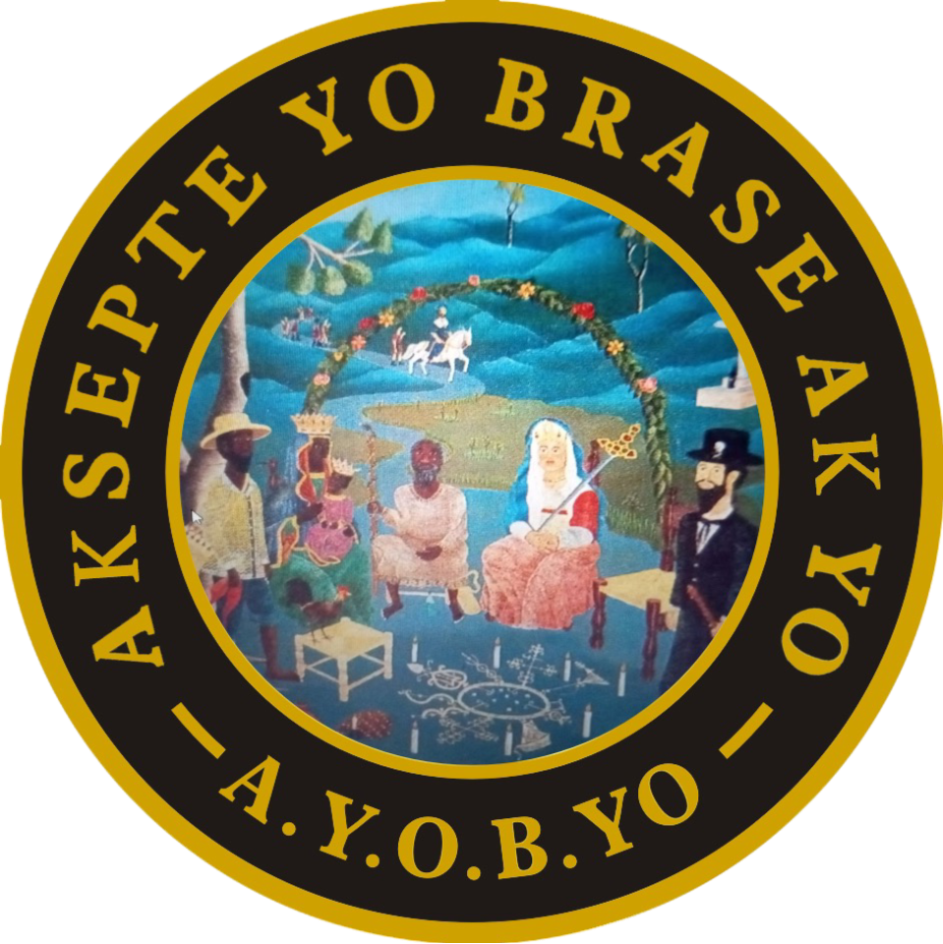The story of Jean-Jacques Dessaline is a pivotal chapter in Haiti’s history, marking the transition from slavery to independence. As the first leader of Haiti, Dessaline’s journey from a slave to an emperor is both inspiring and tragic, reflecting the complexities of power, identity, and the struggle for freedom.
Key Takeaways
- Jean-Jacques Dessaline, originally named Duclos, rose from slavery to become Haiti’s first leader.
- His leadership was marked by a fierce desire to eradicate slavery and establish Haiti as a free nation.
- Dessaline’s presidency was characterized by violence, economic challenges, and eventual assassination.
Early Life and Rise to Power
Jean-Jacques Dessaline was born into slavery, with little known about his early life or parents. It is believed he was of Congolese descent and had two brothers, Joseph and Louis, who later played roles in his administration. Dessaline’s journey began when he was purchased by a free black man, which allowed him to adopt the last name Dessaline.
Despite his humble beginnings, Dessaline’s fiery spirit and strong work ethic propelled him through the ranks. He became a commander during the Haitian Revolution, fighting against the brutal conditions of slavery that plagued the island of Hispaniola.
The Haitian Revolution
By 1791, the Haitian Revolution was gaining momentum. Dessaline, who was illiterate at the time, was mentored by Toussaint Louverture, a key figure in the revolution. While Louverture advocated for negotiation and diplomacy, Dessaline was more aggressive, believing in direct action to achieve freedom.
The revolution was fueled by widespread discontent among slaves, free blacks, and mixed-race individuals. The French, who had promised freedom in exchange for military service, ultimately betrayed these promises, leading to increased tensions and violence.
Leadership and Declaration of Independence
After Louverture’s capture and death, Dessaline took charge. On January 1, 1804, he declared Haiti a free nation, renaming it “Iet”—its original indigenous name. This declaration marked Haiti as the first independent black republic in the world, a monumental achievement that was not recognized by many nations until decades later.
Dessaline’s leadership style was authoritarian. He made himself Governor-General for life and later declared himself Emperor. His rule was marked by a desire to consolidate power and eliminate any threats to his authority.
Policies and Economic Challenges
Dessaline’s presidency was fraught with challenges. He ordered the massacre of remaining white inhabitants on the island, sparing only those who had supported the revolution. This decision was rooted in his deep-seated resentment towards colonial powers and a desire to prevent any return to slavery.
To sustain Haiti’s economy, Dessaline forced former slaves back into agricultural labor, a move that many viewed as a form of slavery in itself. This policy led to widespread discontent, with many fleeing to the mountains to escape forced labor.
Assassination and Legacy
Dessaline’s reign was short-lived. On October 17, 1806, he was assassinated under mysterious circumstances, with various accounts of his death suggesting betrayal from within his ranks. His assassination paved the way for a power struggle between his former allies, Alexandre Pétion and Henri Christophe, who would later become presidents themselves.
Despite his controversial methods and the challenges faced during his rule, Dessaline remains a significant figure in Haitian history. His legacy is celebrated in Haiti, with national holidays and anthems honoring his contributions to the fight for freedom.
In conclusion, Jean-Jacques Dessaline’s life encapsulates the tumultuous journey of Haiti from slavery to independence. His story is a reminder of the complexities of leadership and the sacrifices made in the pursuit of freedom. As Haiti continues to navigate its challenges, Dessaline’s legacy serves as both an inspiration and a cautionary tale for future generations.

